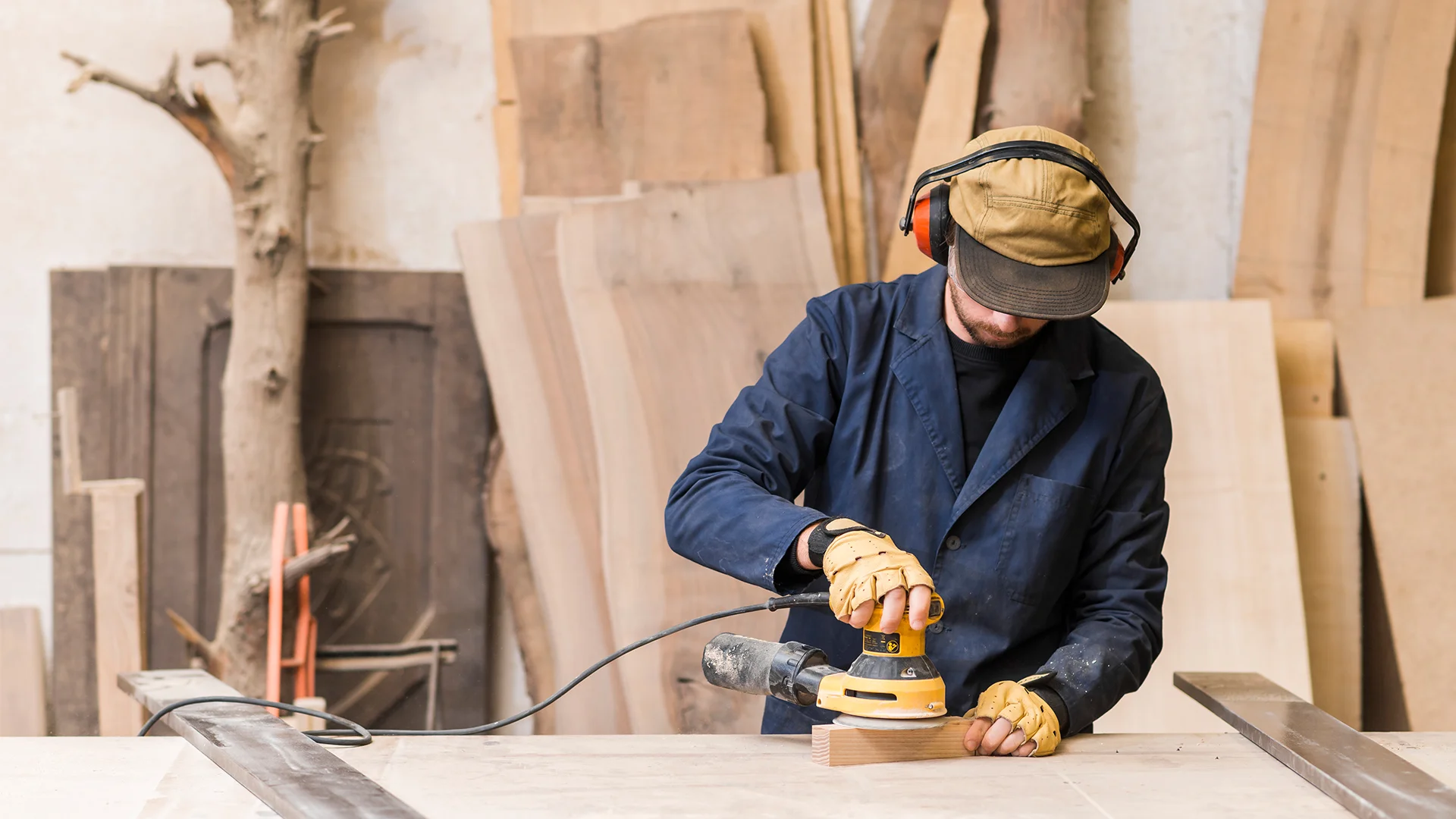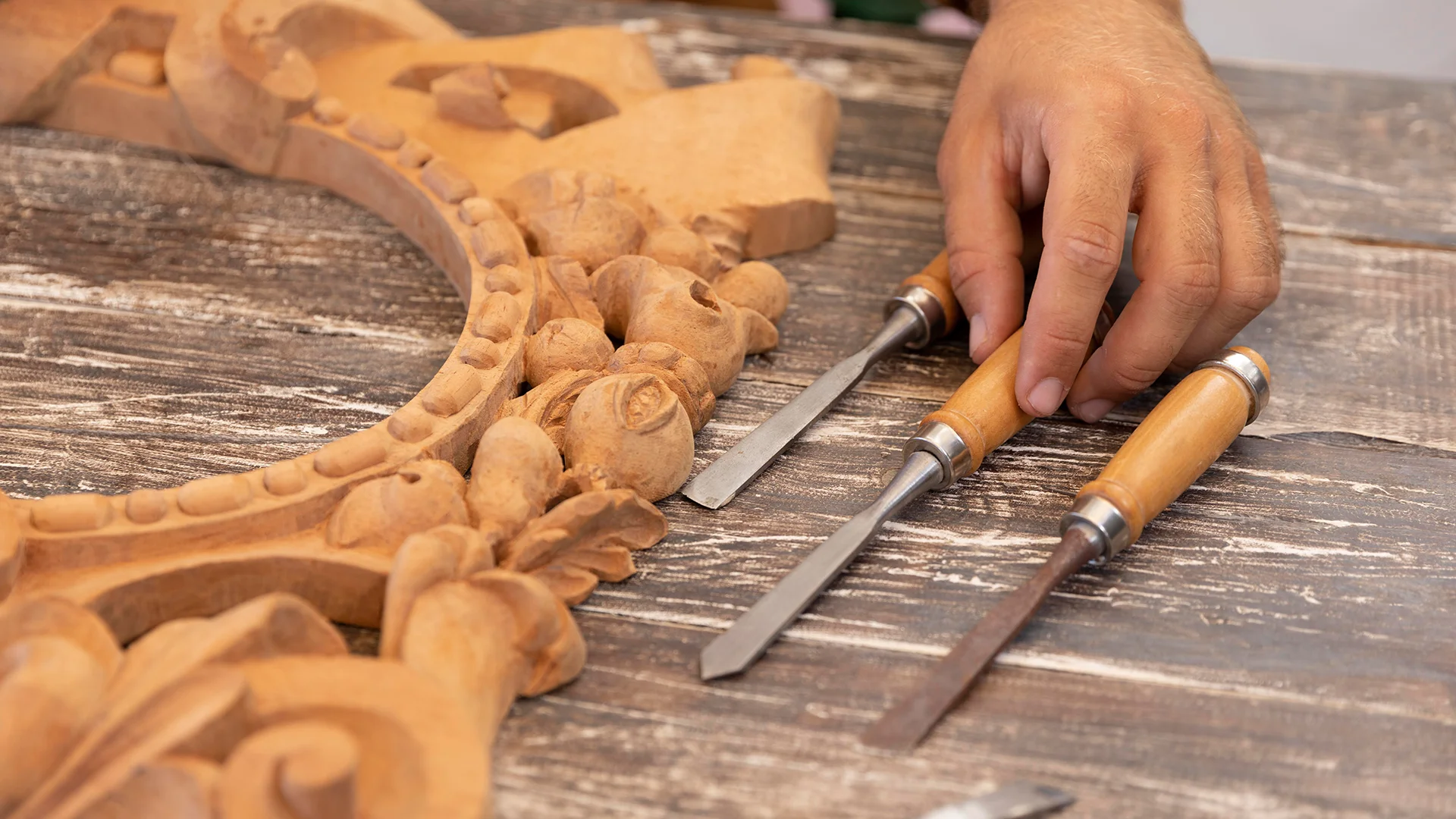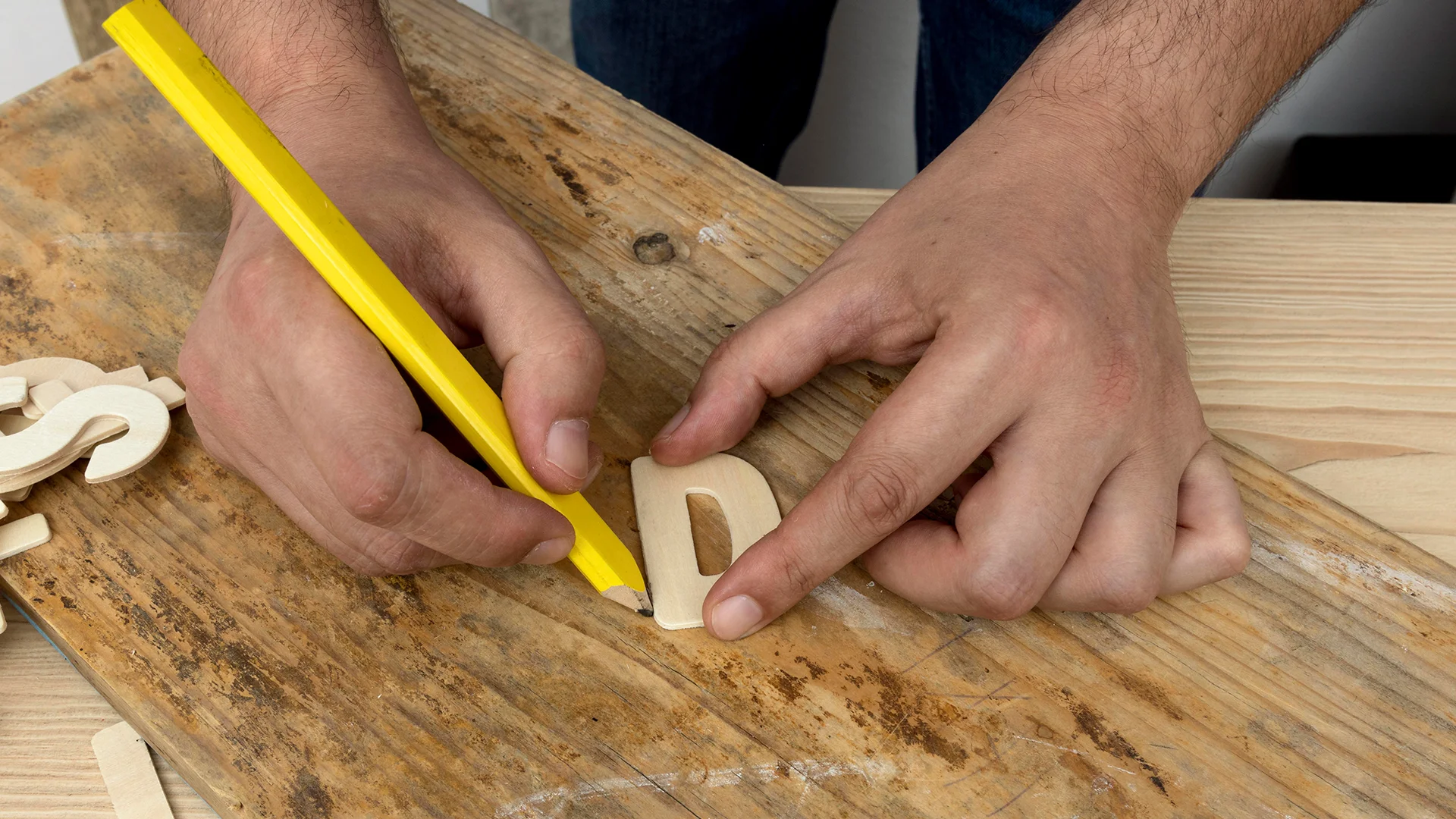
The Role of Certifications in Enhancing Woodworking Reputation
Whether you’re a small shop or a large firm, how your clients and peers perceive you plays a key role in your success. One of the most effective ways to build and enhance your woodworking reputation is through certifications. Certifications serve as a mark of excellence, demonstrating that your craftsmanship meets or exceeds industry standards. Let’s explore how woodworking certifications can improve your business’s standing and help you build a solid reputation.
What is a Woodworking Certification?
A woodworking certification, like those provided by the Architectural Woodwork Institute (AWI), is an official endorsement of a company’s ability to meet recognized standards of quality. These certifications are awarded after rigorous evaluations, ensuring that licensed woodworkers adhere to strict criteria related to materials, methods, and craftsmanship. AWI’s Quality Certification Program (QCP) is one such example, providing recognition to those who meet the highest standards in the woodworking industry.
How Certifications Enhance Woodworking Reputation
Obtaining a woodworking certification demonstrates your commitment to quality, professionalism, and industry standards. It reassures clients, architects, and partners that your business is trustworthy and capable of delivering top-tier results. Woodworking companies with licenses are more likely to be selected for projects because clients can be confident in the craftsmanship and attention to detail that certified professionals offer.
This endorsement from a recognized certification body helps enhance woodworking reputation by signaling that your company is willing to go above and beyond to meet industry benchmarks. In an industry where word-of-mouth referrals and trust are critical, a certification can set your business apart from the competition.

Improving Craftsmanship and Project Outcomes
Certifications not only elevate your company’s image but also ensure consistency in the quality of work you deliver. By adhering to established standards, certified woodworkers are less likely to encounter issues with craftsmanship, leading to fewer project delays or defects. This ultimately boosts your client satisfaction, and as a result, improves woodworking reputation.
For example, by following the architectural woodwork standards of AWI, certified companies can avoid common pitfalls in construction or installation, maintaining a high level of quality across all projects. This reliability strengthens relationships with clients and helps secure future contracts.
Business Growth and Networking Opportunities
The benefits of certification go beyond individual projects. Woodworking businesses with a QCP License gain access to exclusive networking opportunities through AWI. These networks connect you with architects, contractors, and other professionals in the woodworking industry, allowing you to expand your reach and build partnerships that foster growth.
Additionally, being QCP Licensed opens the door to working on more prestigious and high-profile projects that require proof of expertise. This can drive business growth, allowing you to showcase your abilities to a broader audience and attract more clients who value certified professionals.

Marketing and Branding Benefits of Certification
One of the most significant woodworking certification benefits for reputation is the marketing potential it provides. Certified companies can leverage their certification in marketing materials, proposals, and even on their websites to demonstrate their commitment to quality. Clients looking for the best in the business will view certification as a key differentiator, increasing your chances of winning bids and securing new work.
Furthermore, displaying a certification logo, such as AWI’s, reinforces your business’s credibility. It assures clients that they are choosing a company with proven expertise and adherence to industry standards, thus helping you enhance your woodworking reputation.
Conclusion
Certifications play a crucial role in enhancing the reputation of woodworking companies. By demonstrating your commitment to quality, improving craftsmanship, fostering business growth, and offering strong marketing benefits, certifications are a powerful tool for reputation building. In an industry where reputation matters, pursuing woodworking certifications ensures your business stands out, grows, and continues to thrive.
Recent Post

Wood for Woodworking: Expert Tips to Maximize Quality and Craftsmanship

The Ultimate Glossary of Woodworking Terms to Level Up Your Craft

Woodworking Logos: The Do’s and Don’ts for a Timeless Design

Woodworking Business Names That Sell: Secrets of Branding Pro

